Feb 03
Black New York

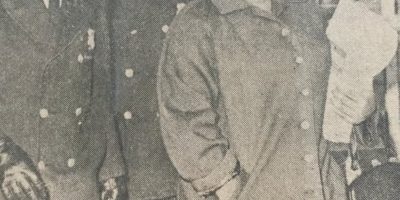
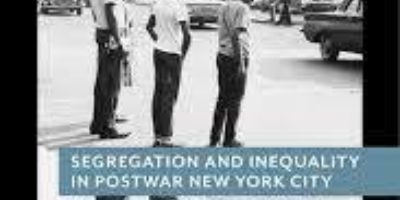

Speakers
-
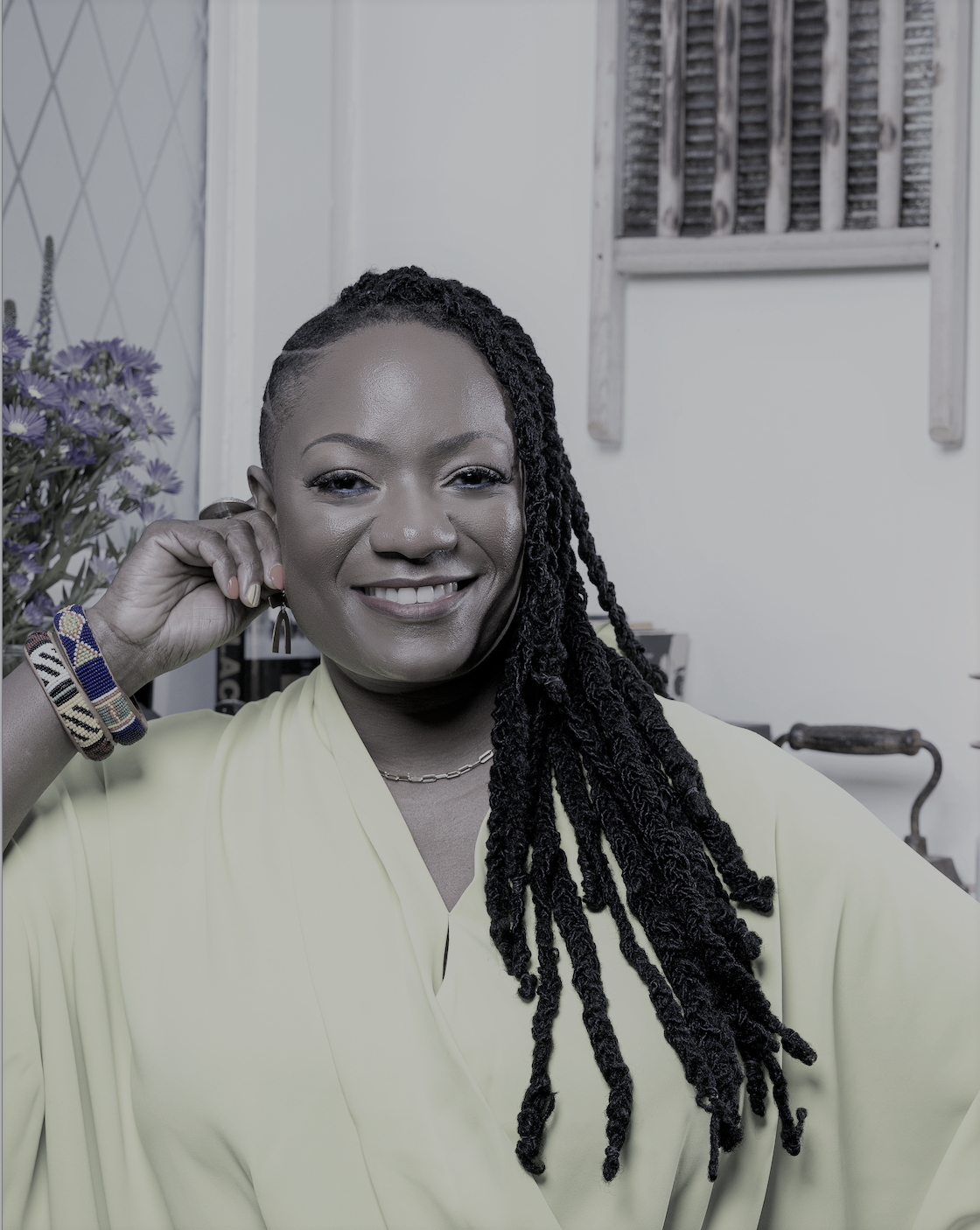
Tammy L. Brown
Miami University
Tammy Brown is Associate Professor of History and Global and Intercultural Studies (Black World Studies Program). She is affiliated with the American Studies Program and the Women's, Gender, and Sexuality Studies Program. Her current book project is a biography of musician Jimi Hendrix tentatively titled Here my Freedom. This book centers on the spiritual dimensions of Hendrix's music, which are rooted in his Christian Pentecostal upbringing, Native American heritage, and New Age cosmologies prevalent throughout 1960s America. Her first book, City of Islands: Caribbean Intellectuals in New York, was published in 2015.
-
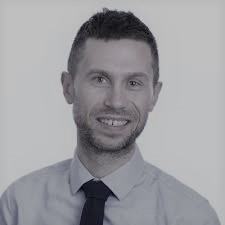
Christopher Hayes
Rutgers University
Chris is an historian of urban America in the 20th century. He earned a PhD in American history from Rutgers University, which is also his undergraduate alma mater. His book, The Harlem Uprising: Segregation and Inequality in Postwar New York City, documents growing racial inequality and segregation in the fifties and sixties, and the manifold ways Black New Yorkers organized against pervasive structural racism. Problems only worsened with time, and when a white police officer shot and killed a fifteen-year-old Black boy in 1964, pent-up fury exploded into the first of the urban rebellions of the 1960s. In the aftermath, a new mayor appointed civilians to review complaints against the police, which provoked a bitter, racially divisive and successful campaign from the police union and its conservative allies to destroy the board. This history, poorly known until now, provides a clear understanding of inequities in employment, education, housing, health and criminal justice that are very much still with us today. His teaching is primarily in labor history across time in America, with a focus on the development of the institutions and ideologies of race, class, gender, capitalism, industry and work.
-
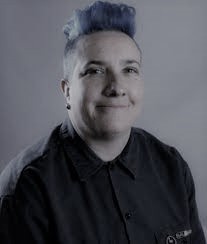
Ariella R. Rotramel
Connecticut College
Ariella R. Rotramel joined Connecticut College in 2012 and is the Vandana Shiva Associate Professor of Gender, Sexuality, and Intersectionality Studies. They are an interdisciplinary scholar committed to bridging theoretical and practical engagements of identity and social justice issues. Rotramel holds a bachelor of arts degree for an Independent Program of Study (Intersections of Racial, Sexual, and Gender Identities) from the University of Illinois at Chicago, and a doctorate in Women's and Gender Studies from Rutgers University. Ari is the 2019 recipient of Connecticut College’s Helen Mulvey Faculty Award for Fostering Student Achievement, the 2017 Faculty Mentor Award from the College’s Mellon Mays Undergraduate Fellowship Program, and the 2015 Dr. Martin Luther King, Jr. Faculty Service Award.
Rotramel’s 2020 book, Pushing Back: Women of Color–Led Grassroots Activism in New York City, explores women of color's grassroots leadership in organizations that are not singularly identified with feminism. Centered in New York City, Pushing Back brings an intersectional perspective to communities of color as it addresses injustices tied to domestic work, housing, and environmental policies and practices.
-
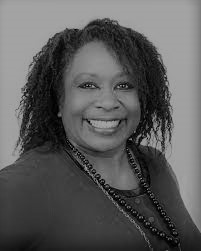
Paula Marie Seniors
Virginia Tech University
Paula Marie Seniors is a Historian, Ethnic Studies Scholar, and Associate Professor of Africana Studies at Virginia Tech University. She is the biographer of Mae Mallory and The Monroe Defense Committee. Her parents Audrey Proctor Seniors and Clarence Henry Seniors founded the Monroe Defense Committee which bound them together with Mae and Pat Mallory as family.
Paula Marie Seniors book, Mae Mallory, The Monroe Defense Committee and World Revolutions: African American Women Radical Activists 1958-1987, was recently published by University of Georgia Press. In it she explores why working class African American women Mae Mallory, Mrs. Ethel Azalea Johnson of the Negroes with Guns Movement, her mother Audrey Proctor Seniors, and Mallory’s daughter Pat Mallory choose radical activism - Maoism, Trotskyism, Cubanismo, and self-defense to promote civil and human rights and justice in the U.S. It explores why they joined revolutionary governments in Tanzania, Grenada, and Nicaragua and linked the struggle for African American civil and human rights to world revolutions.
Recording
Black New York.mp4 from SchomburgCBFS on Vimeo.